Search results for montana moment
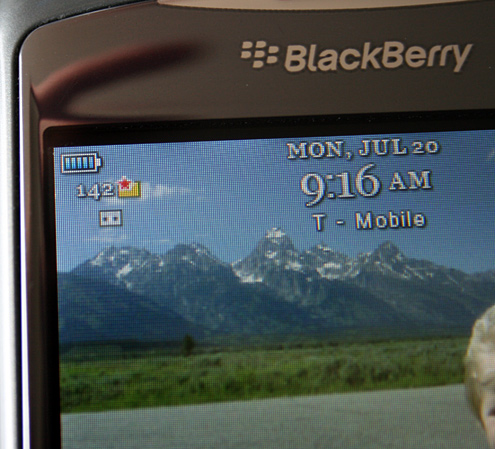
The girls and I just got back from a sweet vacation to Teton, Yellowstone, and Montana. It was one of the best vacations I’ve ever had, given all the sights and activities we were able to participate in. One of the coolest “features” of the trip: no cell reception, internet, or TV at our cabin. We were utterly disconnected, which allowed us to be completely present in the moment. “It totally changes the dynamic of the group,” my wife told me yesterday. It sure did, for the better. Can’t wait to go even longer without a connection next time.
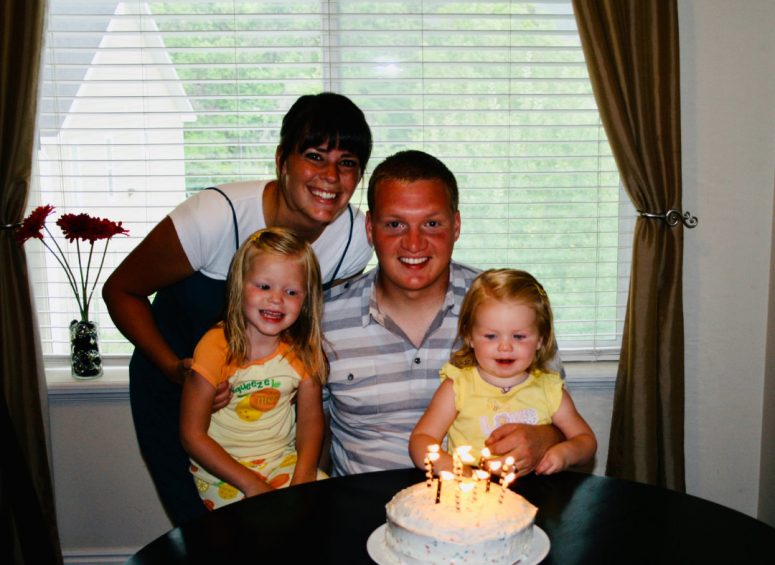
Courtesy Snow family
That’s me 10 years ago on my 30th birthday. Sunburnt. Pudgy. Elsewhere in thought.
I don’t mean to overstate my “condition,” but if you look at photos of me from 2003–2009—the workaholic, internet-addict years—you will see that my eyes rarely, if ever, smiled. I wasn’t depressed or miserable, per se, but I was in a perpetual funk. Wheels spinning without much forward movement. A prolonged period of FOMO which prevented me from thriving in the present with the three, happy cuties you see pictured beside me.
Back then, I neglected my family, my health, my spirituality, my social life, and my hobbies. Ironically, my self-absorption also hindered my work, because my efforts were so short-sighted. Hard working, yes, but with less purpose, focus, and fulfillment than I’ve experienced in the years since.
“We didn’t do as many fun things as a family and you rarely initiated anything,” my wife told me today. “You were always working nights, fixated on your phone, and brought your laptop to bed with you.”
Gross! A couple weeks after that photo, however, I would abandon that stagnant period of my life though a life-changing “Montana Moment,” which I wrote about in my book, Log Off: How to Stay Connected after Disconnecting. I’m so grateful for that experience and the decade that followed.
Obviously, we each learn different things at different times. But if my story can help anyone else in even the smallest of ways, we all win. Offline really is better. Fall down seven times, get up eight.
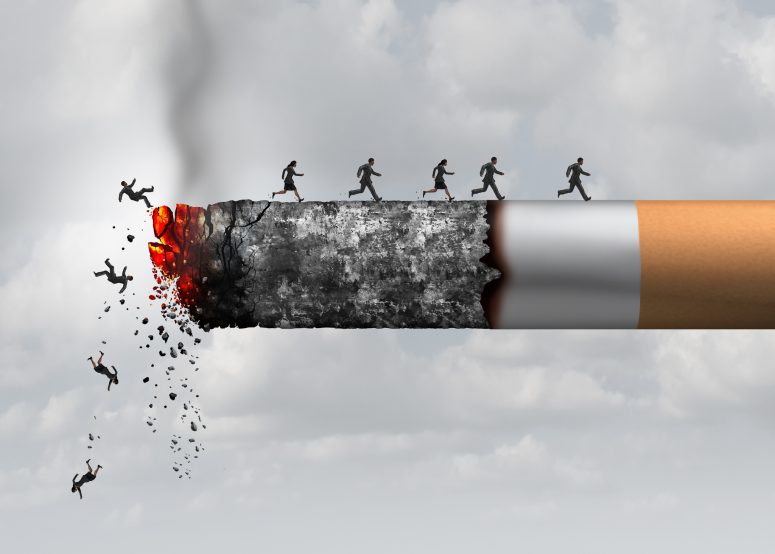
Courtesy Shutterstock
I spent nearly 10 years researching and experimenting with healthy connectivity habits for my book, Log Off: How to Stay Connected after Disconnecting. The book contains dozens or reports and studies from “real news” outlets and distinguished universities from around the world, all of which conclude that excessive internet, social media, and/or smartphone use make us miserable. More specifically, overuse makes us more isolated, less confident, prevents us from experiencing the more stimulating analog world, and even dumber.
But recent research suggests that digital abuse may be even worse for us than originally thought. In an eye-opening expose this week, The Atlantic reported on the rise of sexual recession, in which young people are engaging in fewer intimate relationships than ever before and marrying less. Excessive phone use shoulder much, if not all, of the blame, the magazine reports. Continue reading…

Blake Snow
When it comes to increasing both your output and your impact, here’s how to work smarter instead of harder.
For Entrepreneur—If there’s one thing I learned while researching and writing my first book, Log Off: How to Stay Connected after Disconnecting, it’s how to get more done in less time.
For the first five years as a self-employed writer, I passionately and excitedly burned the midnight oil, thinking the act would get me ahead. While it certainly helped to cut my teeth and quicken my understanding of the craft, in hindsight I spent much of that time with my head down, spinning my wheels in the mud, and failing to see bigger ideas and opportunities.
That is until my “Montana Moment,” a life-changing and completely off-the-grid vacation in Big Sky Country that upended and improved my relationship to work in more ways than one. Since that fateful week, I’ve enjoyed record personal, professional, and social growth. But only because I radically changed my underlying approach and motivations for work.
There are as follows: Continue reading…
In his first book, recognized journalist Blake Snow offers humorous, well-researched, and insightful advice on how to break free and enjoy renewed life offline
Provo, UT (December 19, 2017) – Do you or someone you know need a little help unplugging this holiday or new year? If so, Log Off: How To Stay Connected After Disconnecting by Blake Snow (ISBN 978-1973543749, 2017) may have the answer and is available now at the world’s largest bookstore in paperback, ebook, and audiobook editions.
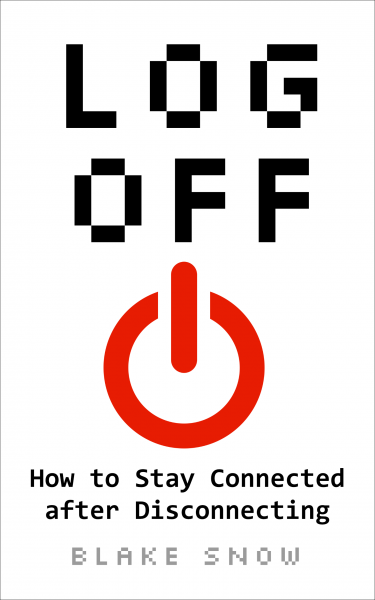 The self-help memoir and well-researched book is the first for Snow, a prolific writer for such publications as Wired, USA Today, CNN, and Wall Street Journal among others. The book produces convincing evidence and a path forward for people hoping to reclaim their offline lives without the constant distraction and “fear of missing out” caused by the internet, social media, and smartphones.
The self-help memoir and well-researched book is the first for Snow, a prolific writer for such publications as Wired, USA Today, CNN, and Wall Street Journal among others. The book produces convincing evidence and a path forward for people hoping to reclaim their offline lives without the constant distraction and “fear of missing out” caused by the internet, social media, and smartphones.
“With Facebook recently admitting as much, it’s official,” says Blake Snow, author of Log Off: How To Stay Connected After Disconnecting. “Excessive use of smartphones, the internet, and social media makes us miserable. Although I wrote this life-changing book for myself, I feel strongly that the ideas and encouragement contained therein can help others find greater fulfillment, peace of mind, and better relationships after responsibly logging off.”
In this quick but potent read, Snow recounts his own journey from being a workaholic internet addict, his awakening (aka “Montana Moment”), and the steps he has since taken to increase his facetime with actual people, do more offline with less online, double his productivity in half the time, and tunefully blend his analog and digital lives with no regrets. Continue reading…

Courtesy Cinemagraphs
For most of my 20s, I largely existed to leave my mark upon the world and strike it rich. In order to achieve those goals, I labored through the day and voluntarily burned the midnight oil. In other words, I lived to work—how cliche of me!
As I approached 30, something happened. I experienced what I call my Montana Moment—cheesy, but catchy! I realized that my double life as a work-a-holic and present husband and father could no longer be sustained.
So I changed. I set strict boundaries on my time and never looked back. If I was going to be remarkable, I was going to have to do so in a set number of hours and no longer at the expense of my health, family, sleep, friendships, and self-improvement. (That change, by the way, was the catalyst behind my still unfinished book.) Continue reading…
Half of Americans say they lead “imbalanced” lives, according to a recent survey. I’m not sure if that’s better or worse than what I’ve anecdotally experienced. But it’s worse than other countries.
Of course, finding balance has always been a part of the human condition, at least since the industrial revolution, if not before—many recorded and Biblical accounts acknowledge this. Our imbalance plight accelerated in the ’80s, however, after we entered the information age.
Why does more imbalance exist in America than anywhere else? Continue reading…

Yahoo
It should be obvious, but for many it isn’t. They’ve forgotten how to live in the moment, be alone with their thoughts, and use “forever empty” as motivation to better themselves. Continue reading…
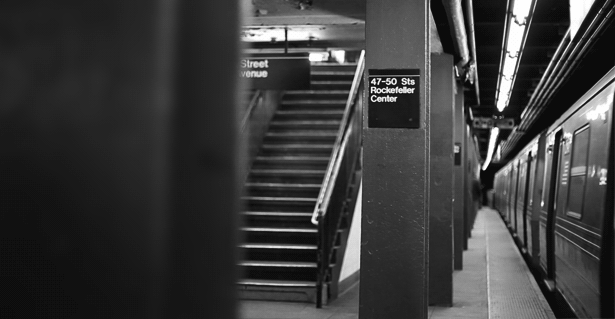 Editor’s note: The Anti-Technologist is a new column by Blake Snow. It advocates late adoption of consumer technology until proven useful, and dishes advice from Snow’s forthcoming book, Finding Offline Balance in an Online World.
Editor’s note: The Anti-Technologist is a new column by Blake Snow. It advocates late adoption of consumer technology until proven useful, and dishes advice from Snow’s forthcoming book, Finding Offline Balance in an Online World.
In 2009, I had a radical idea. “What if I canceled my phone’s data plan?” This was undoubtedly a first-world problem—I get it. But for someone who had previously spent 1,300 consecutive days attached to a Blackberry or iPhone from wake until sleep, it mattered.
The catalyst behind the idea: A weeklong trip in a remote Montana cabin with family and friends. No cellphone coverage. No internet. Just a landline, a moose lick, a horseshoe pit, and a river running through it.
Although initially apprehensive about the trip—”How am I suppose to continue my affair with work while on vacation now!?”— I was molded by it within a matter of days. As my wife said at the time, “With no online distractions, the social aspect had dramatically improved.” Continue reading…
USA Today recently published one of those corny but entertaining “man on the street” stories asking people how long they can stay offline. The answers ranged from never, to one hour, to a few days.
In recent years, I suppose the longest I’ve gone offline is a week, what I call my life-changing “Montana Moment” in 2009. Since then, I’ve gone entire nights and weekends offline, but I’ll usually reach for my iPhone for sports scores and other little personal interests over the weekend (but never for work-related reasons on nights and weekends).
What about you: How long and how frequent can you stay offline? And when you do, how much of it is work-related?

Football began in earnest last week. Not that kind. The oblong American kind. The “hoorah!” kind.
For now, I couldn’t be happier. BYU‘s undefeated and ranked 25th in the country. Seahawks look dominant enough to repeat as Superbowl champions. And even the most jaded fans are full of hope, smiles, and optimism right now. That always makes the world a more enjoyable place to live.
Of course, that’ll change as the season wears on. For most of us, frowns are just around the corner. But there’s a simple trick I’ve learned over the years to avoid letting an uncompetitive or unlucky sportsball team ruin your night, day, week, month, autumn, or even year. It is this: Embrace fair weather fan status. Be proud of it. Bandwagons are fun.
Continue reading…
 I slipped up. After resolving five years ago to never work from bed again—thank you, Montana—I did it again recently.
I slipped up. After resolving five years ago to never work from bed again—thank you, Montana—I did it again recently.
“I’ll just work a little,” I told myself. Several hours later, I finally put the computer down. It was AM o’clock and I was fried. With lights off, I stayed up an hour or two longer, still trying to solve work stuff.
Of course, I woke up exhausted and sluggish. Had an unproductive day. Struggled through much of it.
But it was an effective reminder: Working from bed and overtaxing your brain is no way to live—at least for me. To be fully operational, you gotta keep your thirds separated.







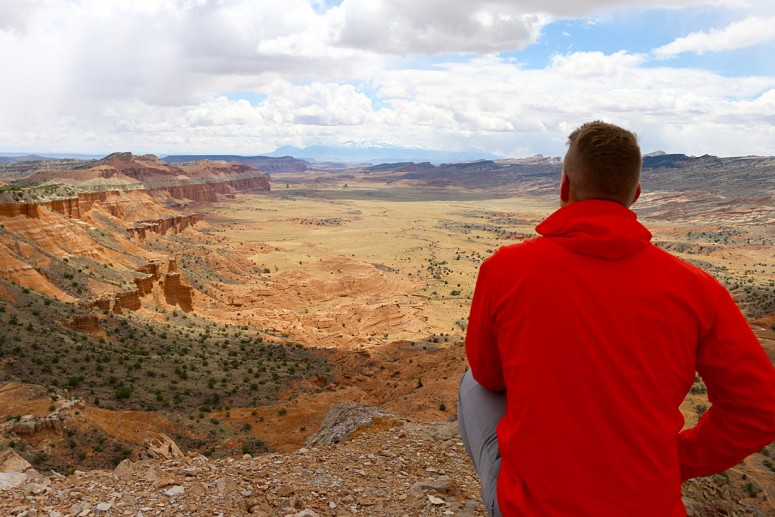

 Editor’s note: The Anti-Technologist is a new column by Blake Snow. It advocates late adoption of consumer technology until proven useful, and dishes advice from Snow’s forthcoming book,
Editor’s note: The Anti-Technologist is a new column by Blake Snow. It advocates late adoption of consumer technology until proven useful, and dishes advice from Snow’s forthcoming book, 
 I slipped up. After resolving five years ago to never work from bed again—
I slipped up. After resolving five years ago to never work from bed again—